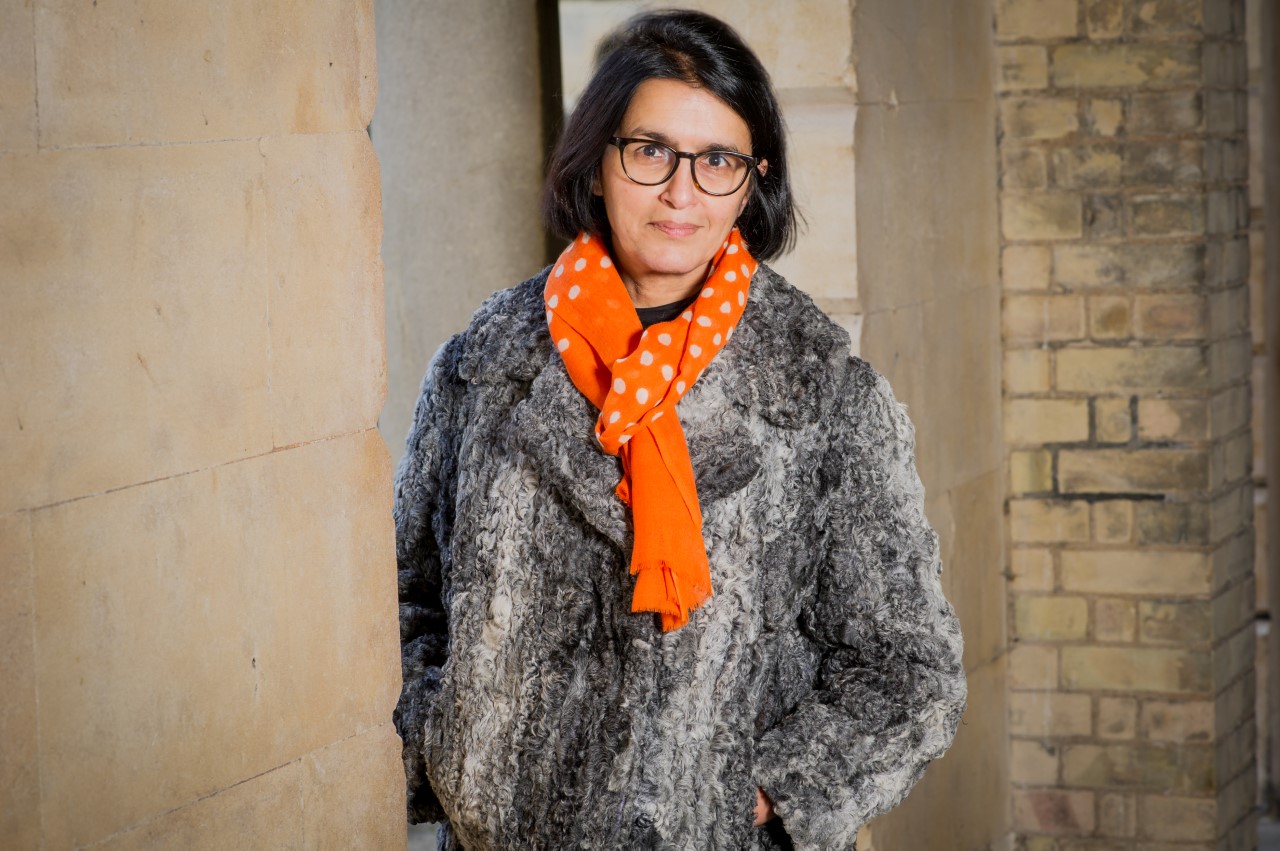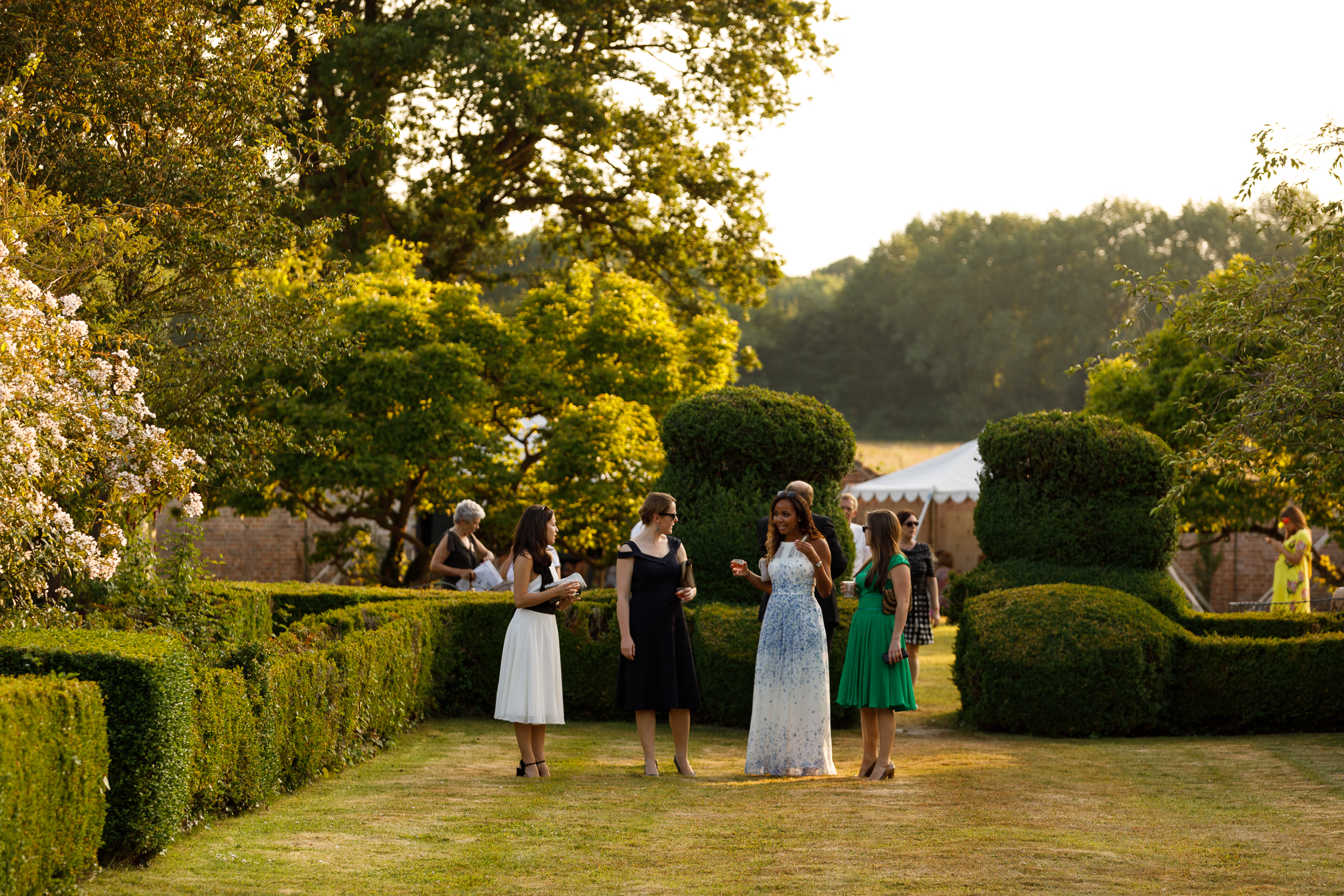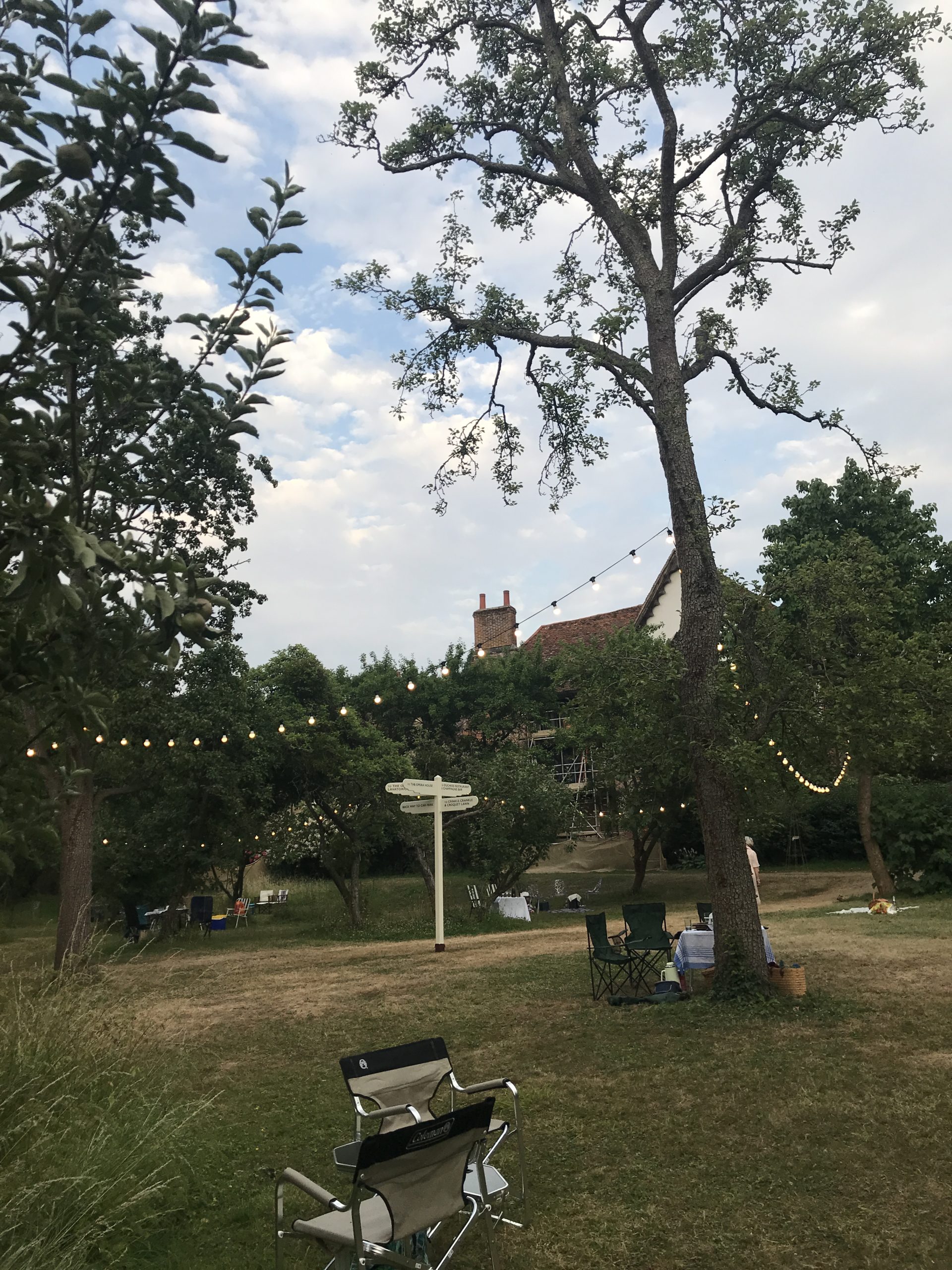
The Interview: Wasfi Kani from Grange Park Opera
Opera boss Wasfi Kani talks to Ting Dalton about Grange Park Opera’s second year at West Horsley Place, and why opera isn’t just for the elite…
The Grange Park Opera Festival won critical acclaim when it was launched in its new home of West Horsley Place in Surrey last year. And its huge success can firmly be placed on the shoulders of GPO boss Wasfi Kani and her passionate team who, in the space of a year, managed to raise £10m from private donations to build a ‘Theatre in the Woods’ in time to host three productions including Tosca.
Wasfi has been described by some as one of ‘Britain’s feistiest opera bosses’ and while she openly admits that ‘you need some balls to do this,’ I find her to be softly-spoken and effusive about West Horsley Place, which is currently in Phase Two of its building works. A majestic Lavatorium Rotundum will be completed before the summer, as well as the theatre’s exterior and dressing room floors. “This work is nothing in comparison to last year,’ she laughs. “I mean the auditorium didn’t even have walls… People have this thing about building work, but I look at that and think: ‘That’s easy!’ ”
Grange Park Opera History
Founded in 1998, Grange Park Opera has put on over 60 productions and was originally based in Hampshire, but the lease was terminated after a much publicised falling-out with the Baring family, who own the neo-classical mansion The Grange. Wasfi needed to find a new location but nothing was the right fit until she discovered that former University Challenge quizmaster and author Bamber Gascoigne had inherited his aunt’s ancient and dilapidated estate, West Horsley Place – a 15th century house surrounded by formal gardens nestled in the Surrey countryside.
“Originally, I was desperately trying to find it on Google Earth, but I couldn’t figure out which building it was,” she explains. “In fact, it was one of our trustees, actress Joanna Lumley, who went to see it with her husband Stephen [Barlow, a renowned conductor]. And they both knew very much the mood of the kind of place we were looking for. Afterward,s they wrote me this amazing email. So when I finally went myself, I knew it was an extraordinary place. It was the perfect place that arrived at the right time.”

Wasfi acknowledges that West Horsley Place and its walled gardens offer visitors a totally different feeling to the one in Hampshire. “A good word to describe the whole festival at Horsley is convivial,” she says. “This is how it was meant to be before. We were on our knees trying to get the whole site ready, and we didn’t know what it would be like to have 700 people there or if the gardens were going to be a squash. And when those 700 people arrived on the first day, it was like Horsley Place was designed for them.”
I ask her if she ever doubted that the project would be done in time. “We had three difficult years, and all I wanted was a bit of peace and quiet,” admits Wasfi, who was awarded an OBE in 2002 for her work in bringing opera to prisons. “But I kind of believe in God. I think there is definitely something more than the world before our eyes. That opening night was perfect…”
This year’s much anticipated season will open on 7 June with Rogers & Hammerstein’s Oklahoma! followed by two operas, Gounod’s heart-rending Roméo et Juliette and Verdi’s Un Ballo in Maschera, where the orchestra from The English National Opera will be performing.
“You don’t need to know anything about opera. All you have to do is come into the theatre, sit down and feel whatever you feel.”
When I express my surprise that the opening production is a musical rather than an opera Wasfi is quick to explain her reasoning, and it’s not, she believes at the detriment of die-hard opera fans. “My main aim has always been to put on an event that seeks to appeal to a broad range of people,” she insists. “What I do is, if somebody is worried about coming to the opera, I offer them a musical instead. It’s still going to be top, top quality, the sets will be fantastic and we will have amazing singers and dancers. So this year they may bring the kids to come and see Oklahoma! but next year, they might decide to try an opera instead. I use it as a stepping stone.”

There is no doubt that opera is still considered a hobby for the well-heeled and elite. People view opera with cynicism and are wary of the expense. But while ticket prices appear to be astronomical, if you were to consider the cost of some Premiership football tickets nowadays, you’re actually getting more bang for your buck, and Wasfi agrees. After all, it’s not cheap putting on an opera. “If I have more than 100 people performing, then you need 10 people in the wardrobe department and 15 people in the crew, so the whole thing burgeons from there,” she explains. “If you pay, say £90 for a show with nine people on stage, then you’re paying £10 per person. If you come to Grange Park Opera, where there will be 130 performers, and the ticket is £150 – well then it’s a bargain.”
She asks me if I’ve ever attended an opera and when I tell her that I haven’t – and that it’s not something that has ever appealed because of the worry of not ‘getting it’, Wasfi emphatically sets me straight. “You don’t need to know anything about opera,” she believes. “All you have to do is come into the theatre, sit down and feel whatever you feel. And whatever you feel is correct. Ultimately, that is what it’s about, because those feelings that you have really tell you about yourself as a human being. That’s why people come to the opera. They don’t come because they’re elitist, they come because they know it’s a massive scale of feelings they will have.”






